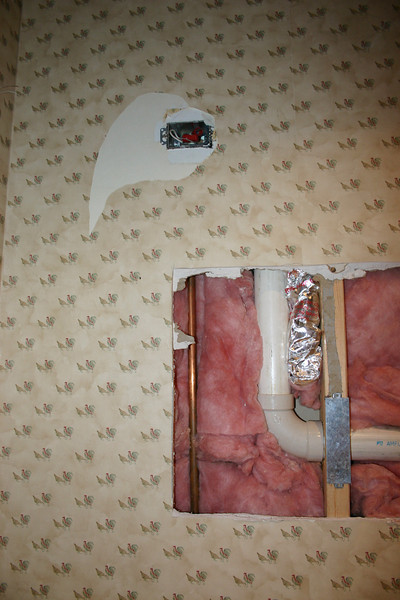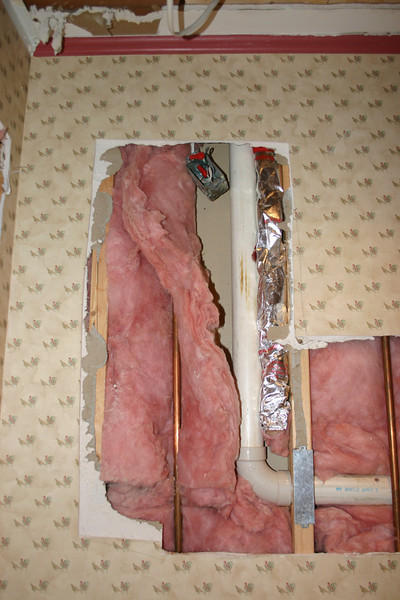I use an ohm meter myself. This is a setting on a multimeter. Sort of like a "continuity" test, but better and more feedback/accuracy of testing method.
If you have a long
extension cord, measure the "ohms" in one wire from the plug to the outlet. Disconnected of course. You will get a certain reading in ohms and this will be low. The longer the wire, the more ohms. Then try a short
extension cord and see the difference.
So based on the length of wire, you would expect to see a certain ohms reading from one point to the other end.
Sometimes people don't do things right and they don't bother to connect ground wires at all! So in this case, there would be no ohms reading.
Or there may be a poor connection along the way. In that case a high ohms reading.
The best ground system is two ground rods placed 6 ft. apart at the main electric panel.
So what you can do to test this, is place the end of a long wire (cheap speaker wire or whatever just for testing) on one of the ground rods. Then run the wire into your bathroom, then use an ohm meter to measure the ohms from the end of that wire to the ground on the outlet. The ohms reading you get should be
consistent with that length of wire (also taking into account the cheap speaker wire).
If there is electricity present and this is shorting to ground at one end, this could wreck your ohm meter! So best to turn off the main power for this test.
Basically you are testing that the ground wire is contiguous from that outlet box all the way to the ground rods (or cold water pipe ground if you have that).
How to use an ohm meter...
http://www.ehow.com/how_2282412_use-ohmmeter.html



